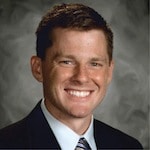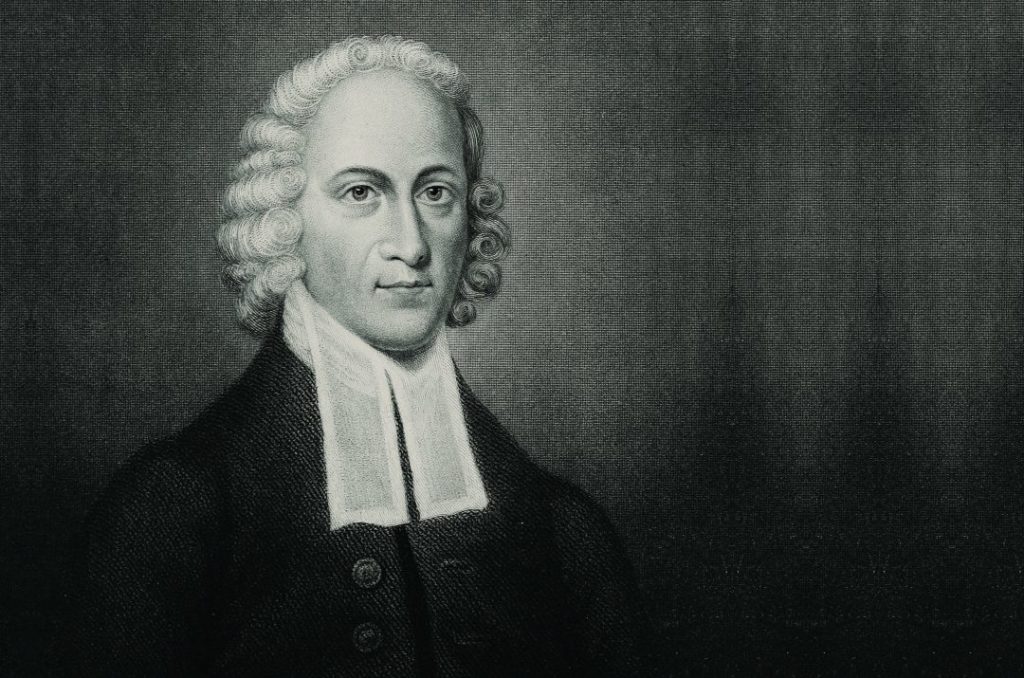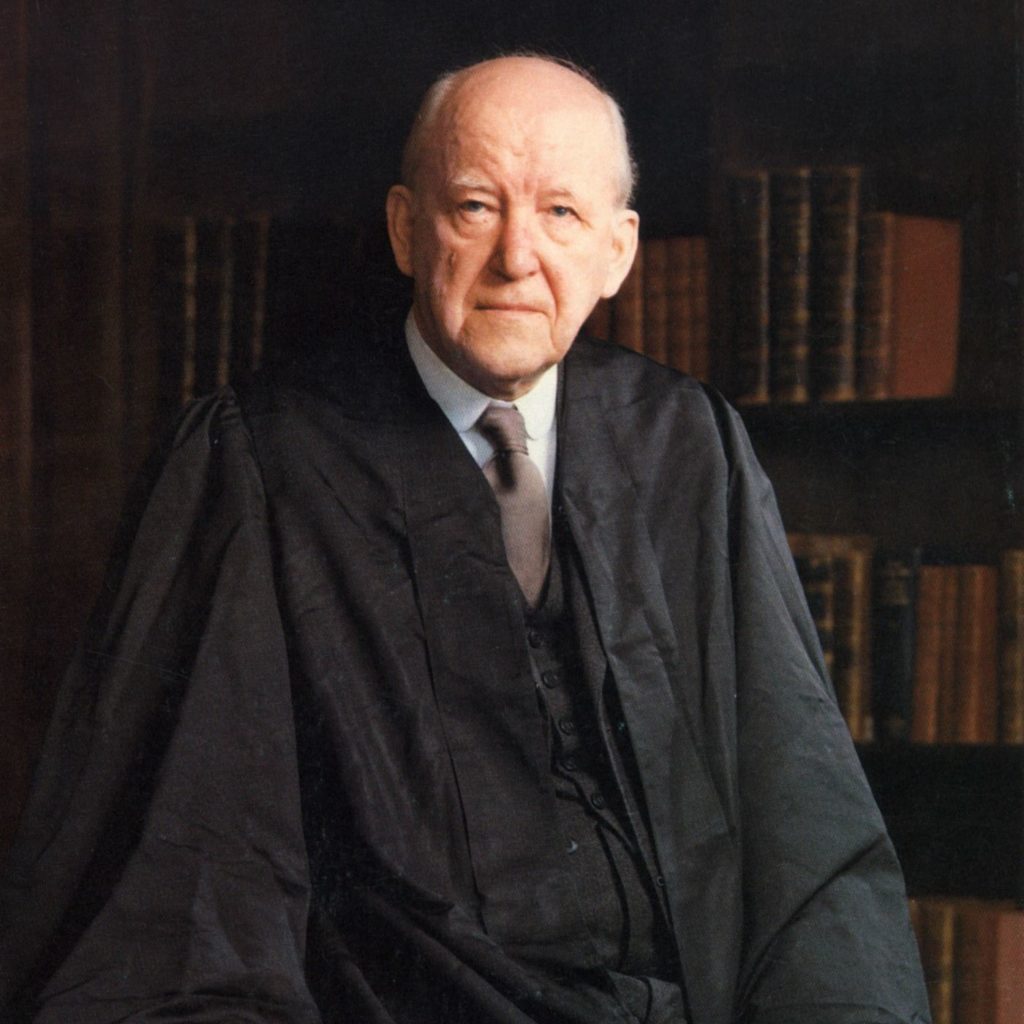
John Albert Broadus (1827–1895), was a founding faculty member and the second president of the Southern Baptist Theological Seminary. He was also perhaps the premier Southern Baptist preacher of the nineteenth century. His more famous contemporary, Charles Haddon Spurgeon, called Broadus “the greatest of living preachers;” many others still laud him as “the prince of expositors.” Broadus is also remembered for his classic preaching textbook, A Treatise on the Preparation and Delivery of Sermons (1870), which encouraged generations of Baptist and other evangelical expositors to stick close to the text of Scripture. It remains in print to this day, and I would recommend it to any serious student of preaching (though be sure and get Broadus’s original text, not one of the heavily-altered versions that appeared throughout the twentieth century).
One piece of Broadus’s advice that has stuck with me over the years is an aside from his introduction. It is a great temptation, especially early in one’s ministry, to copy the style of whoever you consider to be an excellent preacher. How many of my early (and perhaps more recent?) sermons have sounded like a cheap imitation of Russell Moore, John Piper, Adrian Rogers, or Sinclair Ferguson? Of course, our preaching will be profoundly shaped by those we hear and admire; this is not only inevitable, but entirely appropriate. Yet slavish imitation of another man does not make for powerful preaching. We all, under the sanctifying influence of the Holy Spirit, need to find our own voice. Here’s Broadus:
It is unwise to set up at the outset some standard of excellence, and aim to conform to that. If one should take a fancy that cedar trees are more beautiful than oaks, and attempt to trim his oaks into the shape, and color them into the hue, of cedars, the result could only be ridiculous. Let the young cedar grow as a cedar, and the young oak as an oak, but straighten, prune, improve each of them into the best possible tree of its kind. And so as to speaking, be always yourself, your actual, natural self, but yourself developed, corrected, improved into the very best you are by nature capable of becoming.
John A. Broadus, A Treatise on the Preparation and Delivery of Sermons (Philadelphia: Neslon S. Quiney, 1881), 29–30.

Eric Smith is the pastor of Sharon Baptist Church in Savannah, Tennessee. He and his wife, Candace, have three children: Coleman, Crockett, and Clarabelle. Eric is currently a Ph.D. candidate at the Southern Baptist Theological Seminary in Louisville, Kentucky.






